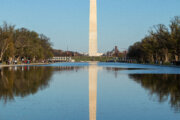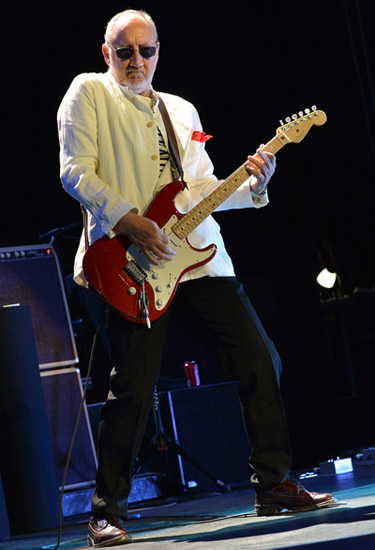
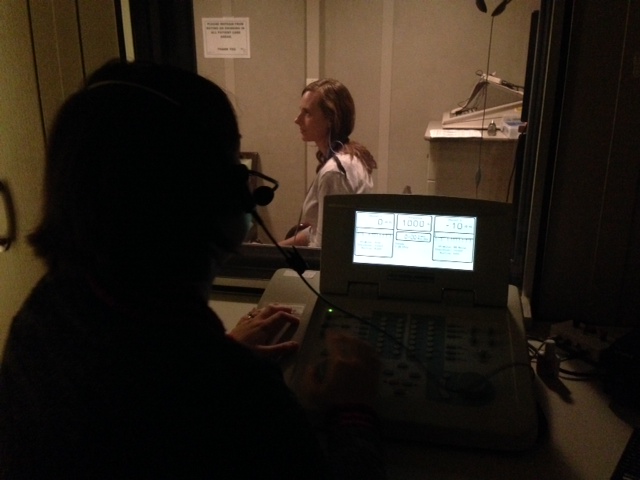
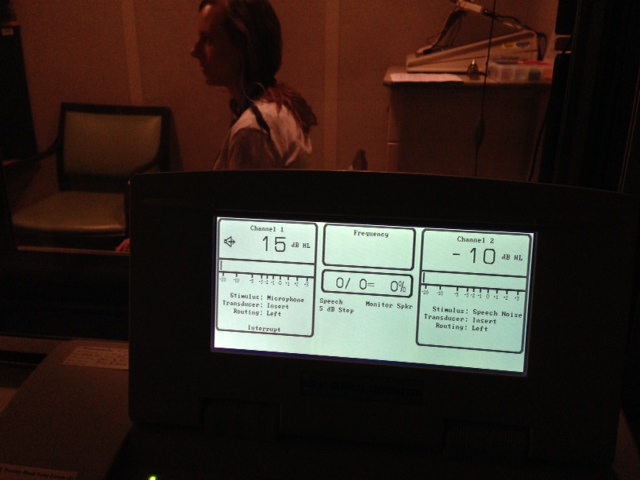
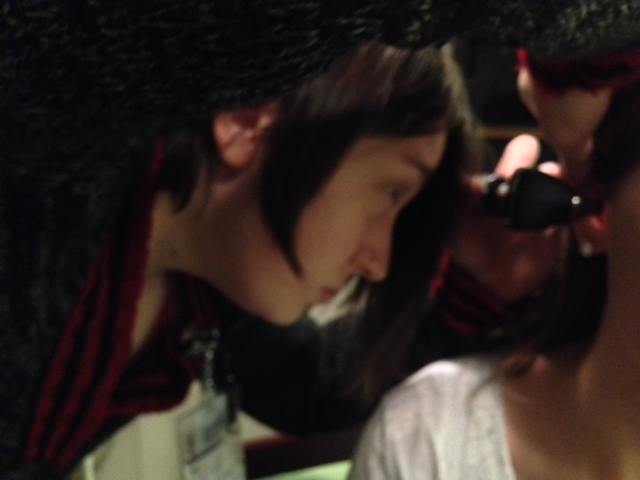
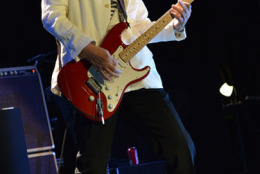
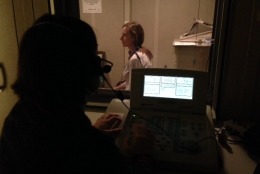
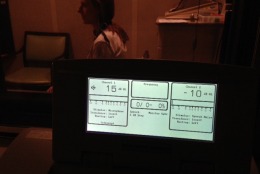
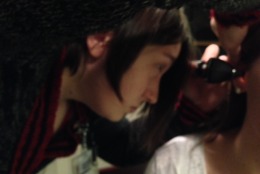
WASHINGTON – It is almost an epidemic among rock icons.
Many who spent their youth on stage are now experiencing some kind of hearing loss. The best known, perhaps, is Pete Townshend of The Who, who found fame and fortune by playing a guitar — and playing it very loud.
But in past interviews, Townshend has said it wasn’t just the years of concerts and touring that resulted in two hearing aids, but the decades he spent in the recording studio listening to music on headphones.
He’s not alone. Other rock legends with hearing loss include Neil Young, Phil Collins, Jeff Beck and Brian Wilson. Even will.i.am has complained of severe ringing in his ears.
Despite this cautionary tale, too many of us remain painfully unaware of the danger posed by earphones and their modern offspring: earbuds.
“I see a lot of people who are really surprised by noise-induced hearing loss,” says Tasha Cantelmo, an audiologist with Medstar Georgetown University Hospital.
She says parents who come in with their kids often ask about the impact headphone use can have on their young ears. But Cantelmo says these adult don’t make a connection between headphones and their own hearing.
She says it is difficult to tell if hearing loss in a baby boomer is because of age, noise or both. But for all us, excessive exposure to loud music through headphones or earbuds poses significant risks.
Cantelmo says short-term exposure to loud noise can compromise your hearing for 16 to 48 hours. However, repeated abuse is another story.
“Do that over and over again, and your body stops repairing itself and at that time it becomes permanent,” Cantelmo says.
She says earbuds have the potential for more misuse than headphones that cover the ears. That’s because some people wear earbuds that don’t fit properly.
“The sounds leak out and the external sounds leak in, so you are cranking up the sound because you want to get over those external sounds,” she explains.
Cantelmo says when wearing earbuds, it’s best to leave the volume low enough to hear a little bit of what is going on around you.
“If you are listening to your headphones and you can’t hear other people — if they are having to shout to get your attention, and you still don’t know that they are shouting at you, if you are listening to your headphones and you turn them off and your ears are making that ringing noise and everything seems a little muffled, that’s too loud,” she says.
Learn more about hearing loss at NIH.gov and CDC.gov.
Watch Townshend discuss his hearing loss with David Letterman below. Their chat begins at 46 seconds.
Follow @WTOPLiving and and @WTOP on Twitter.






